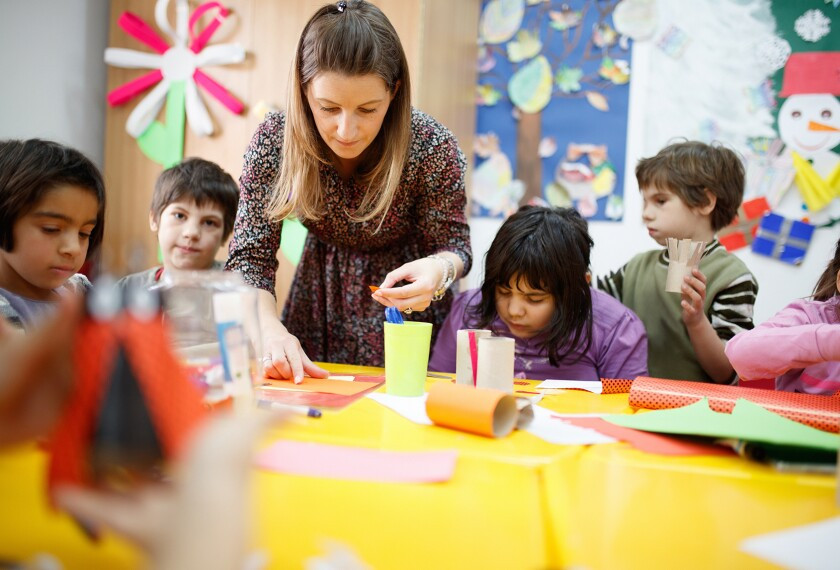
Toys are often seen as simple playthings, but their role in a child's brain development is profound and multifaceted. From fostering creativity to enhancing cognitive skills, toys play a crucial part in shaping young minds. Here's an exploration of how toys contribute to brain development and why they are essential tools for learning and growth.
Toys, especially those that are open-ended like building blocks, art supplies, and action figures, encourage children to use their imagination. When children engage in imaginative play, they create scenarios and stories, which helps them develop creative thinking skills. This type of play allows children to experiment with different roles and scenarios, which can foster problem-solving skills and the ability to think outside the box.
Many toys are designed to improve specific cognitive skills. Puzzles, for example, enhance spatial awareness and problem-solving abilities. Board games and card games can help with memory, strategic thinking, and attention to detail. Educational toys that focus on numbers, letters, and shapes are fundamental in helping children develop basic math and literacy skills.
Toys also play a vital role in developing both fine and gross motor skills. Fine motor skills, which involve the coordination of small muscles in movements like writing or buttoning a shirt, can be honed through activities like drawing, coloring, and manipulating small objects like beads or building blocks. Gross motor skills, which involve larger movements like running and jumping, are enhanced through active play with balls, ride-on toys, and climbing structures.
Toys that promote social interaction, such as dolls, action figures, and playsets, help children learn about social roles, relationships, and empathy. Through role-playing, children can express their feelings, understand others' perspectives, and develop important social skills. Board games and group activities teach children about cooperation, taking turns, and following rules, which are crucial for social development.
Language development is another critical area influenced by toys. Toys that encourage storytelling, such as puppet sets and playhouses, can help children expand their vocabulary and improve their communication skills. Interactive toys that respond to a child’s actions or words can also promote language development by encouraging verbal interaction.
Many toys require children to solve problems or think critically. Construction toys like LEGO, for instance, challenge children to follow instructions, think logically, and troubleshoot when their creations don’t turn out as expected. These activities help build resilience and persistence, as children learn to try different approaches and learn from their mistakes.
When children play with toys that allow them to accomplish tasks on their own, such as simple puzzles or age-appropriate building sets, they develop a sense of independence and self-confidence. Successfully completing a task or creating something unique gives children a sense of achievement and boosts their self-esteem.
Toys are far more than mere distractions or entertainment; they are vital tools that contribute significantly to a child's brain development. By providing children with a variety of toys that stimulate different areas of the brain, parents and educators can support their overall development and lay the foundation for lifelong learning and growth. Investing in the right toys can help nurture a child’s creativity, cognitive abilities, motor skills, social interactions, language, and problem-solving skills, ultimately fostering well-rounded and capable individuals.